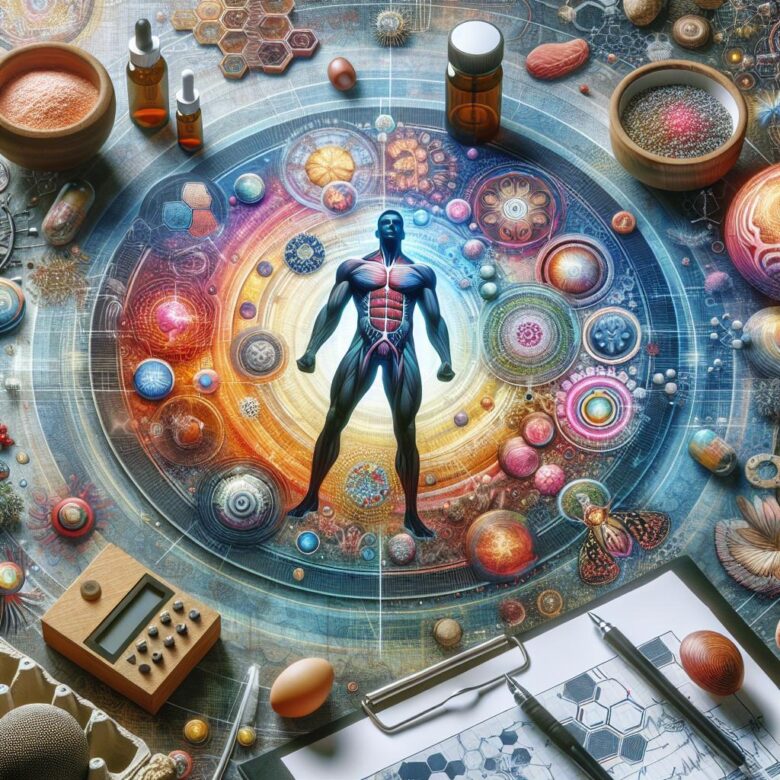In the intricate symphony of the human body, hormones play the delicate notes that influence our mood, energy, and overall well-being. Among these vital players, testosterone stands out not just as a marker of masculinity, but as a crucial component for both men and women, underpinning a spectrum of vital functions. Yet, as we journey through life, age, stress, and various health issues can throw this hormonal balance into disarray, leading to a range of physical and emotional challenges. Enter testosterone therapy: a potential lifeline for those grappling with the effects of hormone imbalance. In this article, we will explore the nuances of testosterone therapy, its benefits, risks, and what it means for those seeking to regain their vitality. Whether you’re contemplating therapy or simply looking to understand this complex landscape, join us as we unravel the facts surrounding this impactful treatment.
Exploring the Role of Testosterone in Hormonal Health
Testosterone plays a crucial role in the overall hormonal health of individuals, influencing various physiological functions. For men, this hormone is integral to the development of muscle mass, bone density, and sex drive. In women, testosterone contributes to libido and plays a role in maintaining cognitive function and bone health. When testosterone levels decline due to age, stress, or lifestyle factors, individuals may experience a range of symptoms, including fatigue, mood changes, and reduced physical performance. Understanding the significance of testosterone in hormonal balance is essential, as it affects not just physical health but also emotional well-being.
In recent years, testosterone therapy has gained attention as a potential solution for those struggling with hormonal imbalance. This treatment aims to restore optimal testosterone levels through various methods, such as injections, gel applications, or patches. Before considering therapy, it is crucial to evaluate potential benefits and risks. Effective management requires careful monitoring and personalization, as each individual’s physiological context is unique. The benefits of testosterone therapy may include:
- Improved mood and cognitive function
- Increased energy and stamina
- Enhanced muscle strength and recovery
- Elevated libido and sexual satisfaction
However, discussions about testosterone therapy must also address potential side effects such as acne, sleep apnea, and cardiovascular concerns. To facilitate informed decisions, medical professionals often use a straightforward approach to assess candidates for therapy. Below is a table outlining important criteria for determining eligibility:
| Criteria | Details |
|---|---|
| Age | Typically over 30 years |
| Symptoms | Fatigue, mood changes, libido drop |
| Testosterone Levels | Lower than normal range in blood tests |
| Medical History | No significant contraindications |
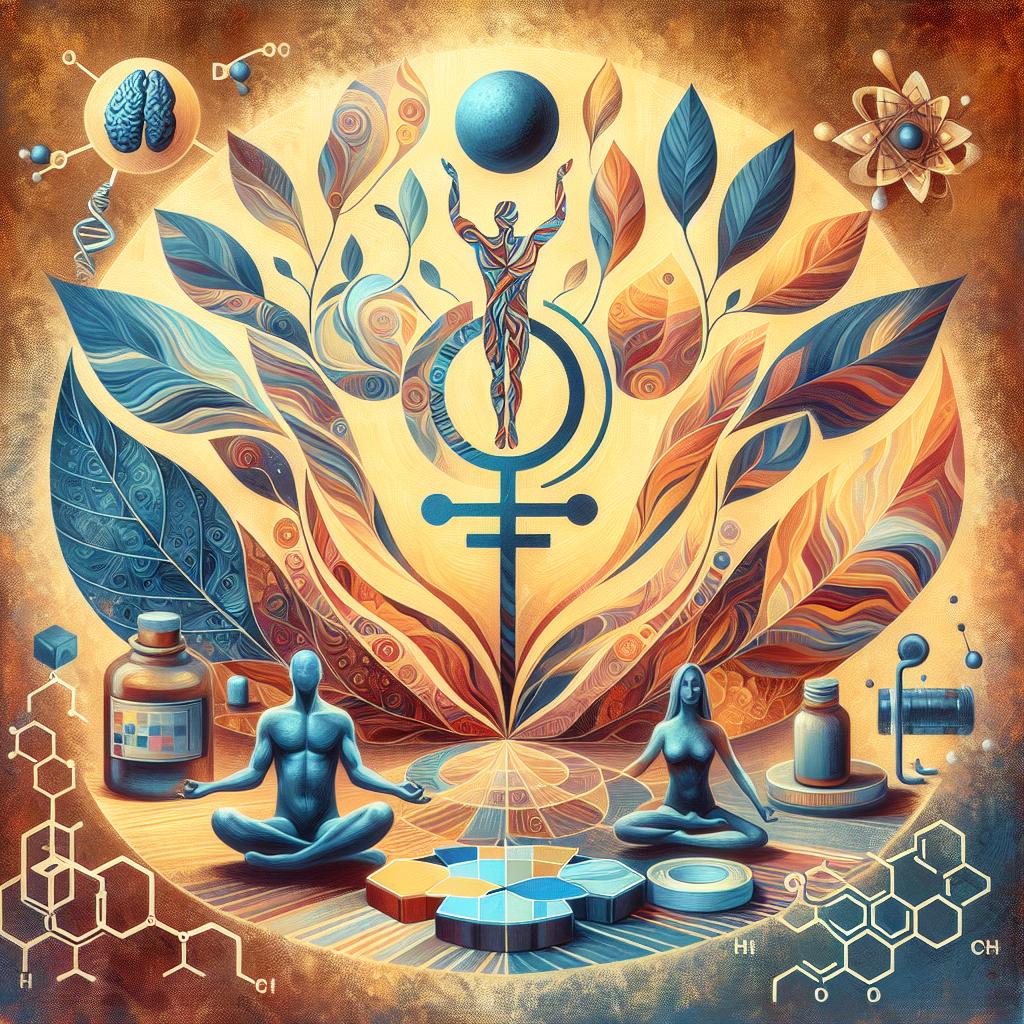
Understanding the Symptoms of Testosterone Deficiency
Testosterone deficiency can manifest in various ways, impacting both physical and emotional well-being. Common physical symptoms include:
- Fatigue: Persistent tiredness that is not alleviated by sleep.
- Muscle Loss: Decreased muscle mass and strength, making it harder to maintain fitness levels.
- Weight Gain: Unexplained increases in body fat, particularly around the abdomen.
Emotional signs can be just as significant, often leading individuals to seek help. These might include:
- Depression: Increased feelings of sadness or hopelessness.
- Irritability: Heightened sense of agitation or mood swings.
- Cognitive Issues: Difficulty concentrating or experiencing memory lapses.
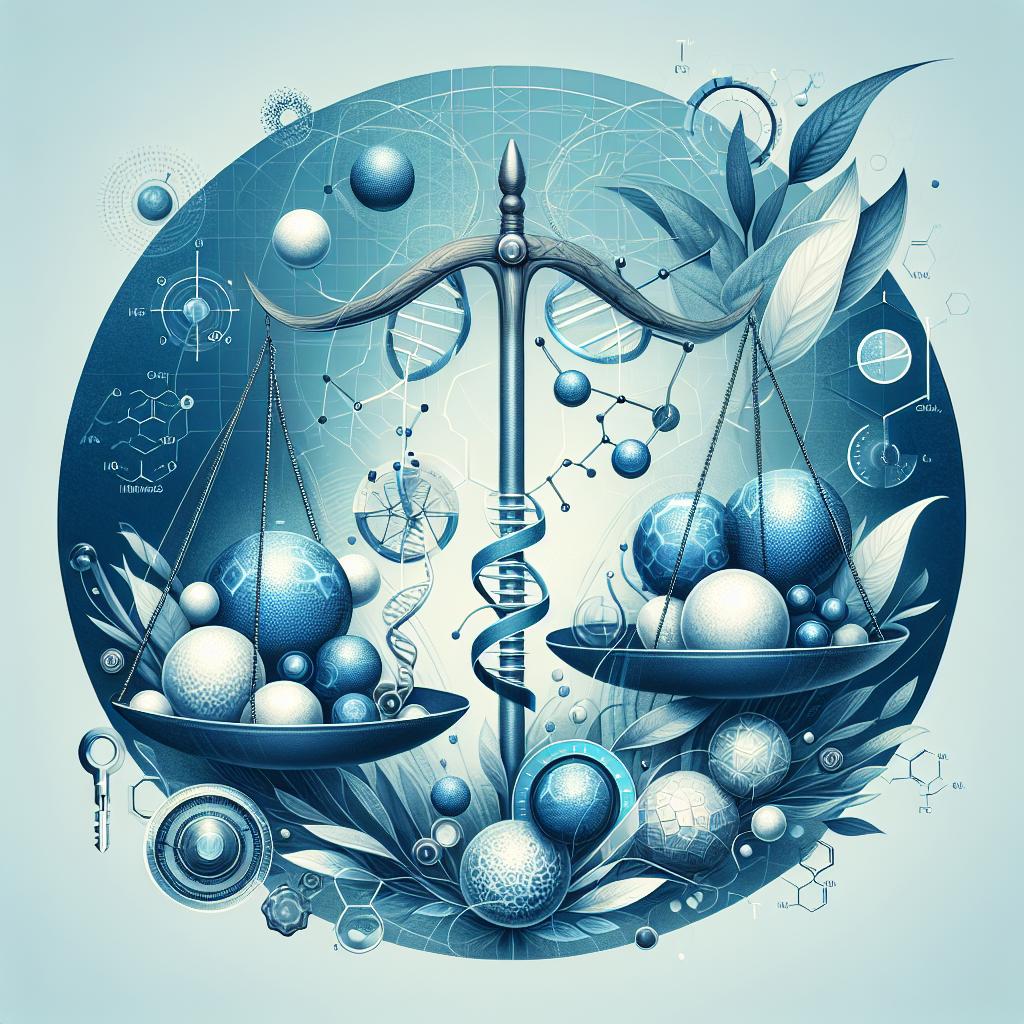
Evaluating the Benefits of Testosterone Therapy
Testosterone therapy has gained significant attention in recent years as a potential remedy for those experiencing hormone imbalance. The administration of testosterone can lead to a myriad of benefits that extend beyond mere symptoms of low testosterone. Many individuals report improvements in mood and energy levels, which can significantly enhance overall quality of life. Furthermore, testosterone therapy may also contribute to increased muscle mass and strength, a crucial factor for maintaining vitality as one ages.
Beyond physical enhancements, the psychological benefits are equally noteworthy. Enhanced libido and improved cognitive function are frequently cited advantages. Alongside these, some studies suggest a reduction in body fat and improvements in bone density, thus decreasing the risk of osteoporosis. To illustrate this, consider the following table outlining potential benefits against the backdrop of their reported effects:
| Benefits | Reported Effects |
|---|---|
| Increased Energy Levels | Heightened vitality and reduced fatigue |
| Improved Mood | Less anxiety and improved overall well-being |
| Enhanced Muscle Mass | Greater strength and endurance |
| Boosted Libido | Increased sexual desire and satisfaction |
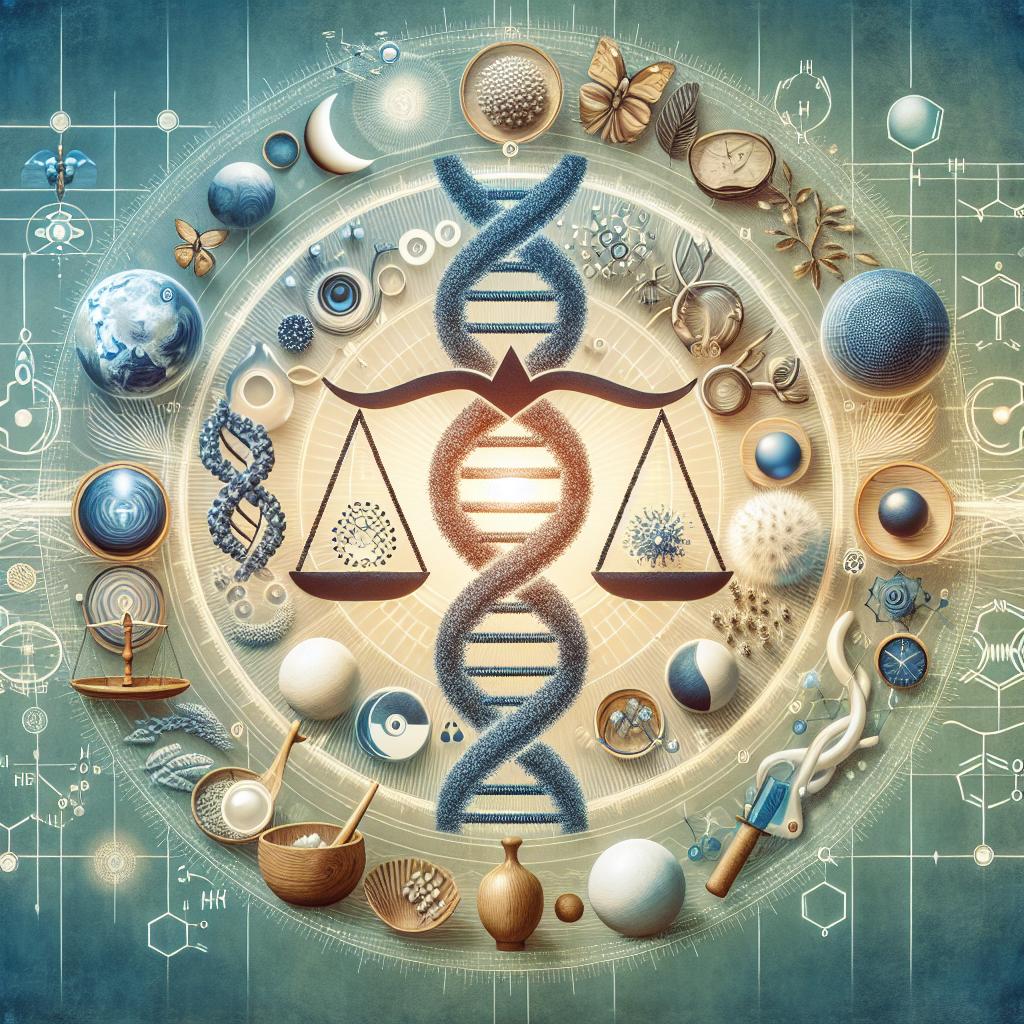
Navigating the Different Forms of Testosterone Treatment
When it comes to addressing hormone imbalances, particularly low testosterone levels, there are several avenues for treatment that individuals might consider. Patients have the option of injections, which deliver testosterone directly into the bloodstream, providing quick results. Another common method is the transdermal patch, ideal for those who prefer a consistent daily application to avoid the fluctuations of traditional methods. Topical gels are also popular, allowing testosterone to be absorbed through the skin, offering convenience and ease of use. Each method has its unique advantages, and understanding them plays a crucial role in making informed decisions about treatment.
Moreover, it is essential to evaluate the potential benefits and drawbacks of each testosterone treatment option. For instance, while injections can lead to sharp increases in testosterone levels, they may also require frequent visits to healthcare providers. On the other hand, gels and patches can simplify the administration process, yet require diligence to ensure proper application to avoid transfer to others. Below is a comparison of some common testosterone treatments:
| Treatment Method | Administration Frequency | Pros | Cons |
|---|---|---|---|
| Injectable | Every 1-2 weeks | Quick effects | Requires medical visits |
| Transdermal Patch | Daily | Consistent delivery | Skin irritation potential |
| Topical Gel | Daily | Easy application | Risk of transfer to others |

Assessing Risks and Side Effects of Hormone Replacement
Engaging in testosterone therapy for hormone imbalance can yield significant benefits, but it is crucial to approach it with a clear understanding of potential risks and side effects. While many individuals may experience increased energy, improved mood, and enhanced muscle mass, some may encounter adverse effects that warrant attention. The following are common side effects associated with testosterone therapy:
- Cardiovascular Concerns: Some patients may face heightened risks of heart disease, including hypertension.
- Hormonal Imbalance: An imbalance can lead to conditions like gynecomastia and changes in libido.
- Skin Issues: Acne and oily skin may arise due to increased oil production.
- Sleep Apnea: Testosterone therapy can exacerbate this condition, affecting sleep quality.
Importantly, the side effects can vary based on individual health profiles and the method of administration. Monitoring by healthcare professionals is essential to minimize these risks. The table below summarizes some potential side effects and recommended actions:
| Side Effect | Recommended Action |
|---|---|
| Increased blood pressure | Regular monitoring and lifestyle adjustments |
| Gynecomastia | Consult a doctor for evaluation |
| Acne | Topical treatments or dermatological advice |
| Sleep disturbances | Sleep study for diagnosis and management |

Finding the Right Healthcare Provider for Your Needs
Choosing the ideal healthcare provider for testosterone therapy requires careful consideration to ensure your specific needs are met. Begin by researching practitioners who specialize in hormone replacement therapy, particularly those with credentials in endocrinology or urology. Look for reviews and testimonials that speak to their expertise and patient care. Additionally, consider providers who offer comprehensive services, including individualized treatment plans, ongoing monitoring, and educational resources to keep you informed about your health journey.
When assessing potential providers, it can be helpful to prepare a list of questions. Here are some key points to discuss during your consultation:
- Experience and Credentials: Inquire about their training and years of experience in hormone therapy.
- Diagnostic Approach: Ask how they assess hormone levels and determine treatment plans.
- Follow-up Care: Understand their process for monitoring your progress and adjusting treatment as necessary.
- Side Effects Management: Discuss how they handle potential side effects and any preventive measures they recommend.
To further aid your decision, here’s a brief comparison table of what to look for:
| Criteria | Provider A | Provider B |
|---|---|---|
| Years of Experience | 10 | 5 |
| Specialty Certifications | Endocrinology | Urology |
| Patient Follow-up | Regular | Every 6 months |
| Patient Education Provided | Comprehensive | Basic |
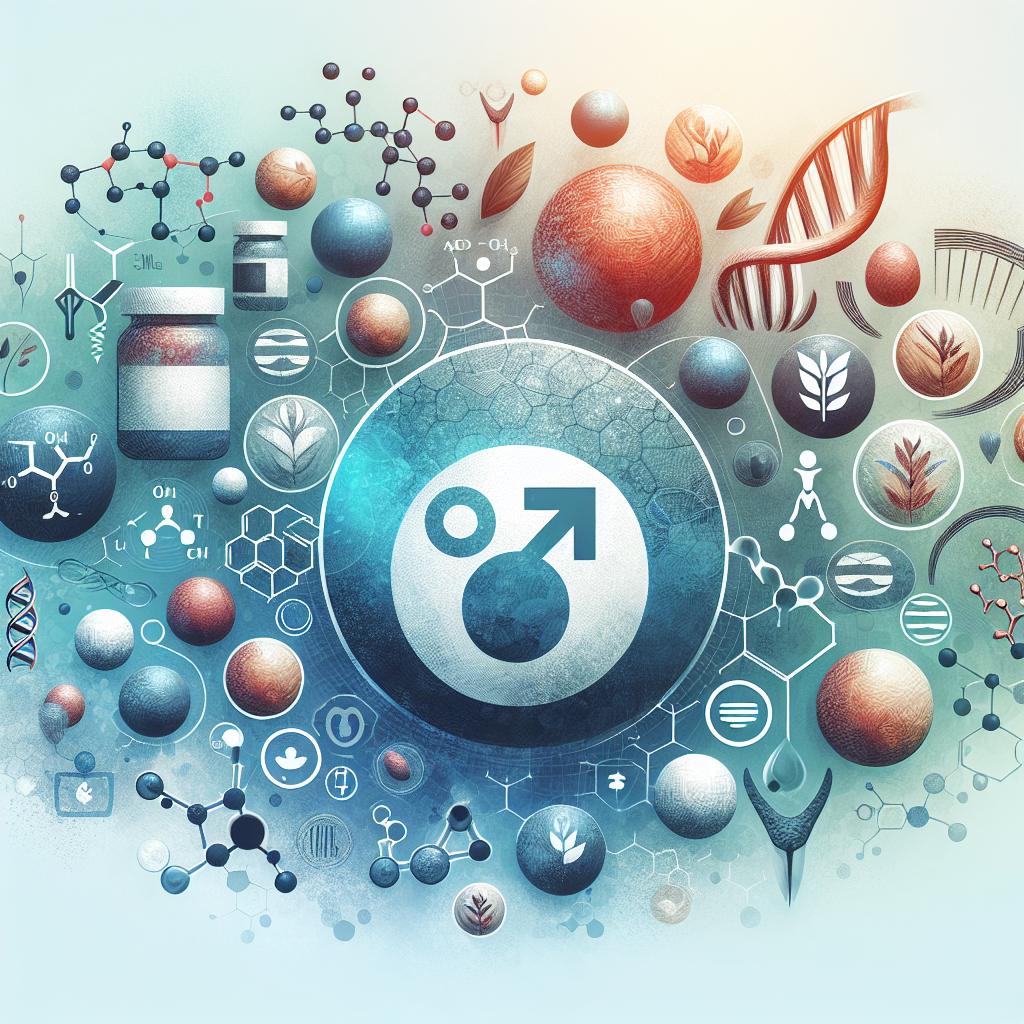
Integrating Lifestyle Changes to Support Hormonal Balance
Making deliberate adjustments to your daily routine can significantly enhance the effectiveness of testosterone therapy and promote hormonal equilibrium. Simple yet impactful changes often serve as the foundation for a healthier lifestyle. Consider incorporating the following habits:
- Regular Exercise: Engaging in strength training and cardiovascular workouts can help increase testosterone levels naturally.
- Balanced Nutrition: Focus on a diet rich in healthy fats, lean proteins, and essential vitamins and minerals to support hormone production.
- Sufficient Sleep: Aim for 7-9 hours per night, as quality sleep is vital for maintaining hormonal health.
- Stress Management: Implement mindfulness practices such as meditation and yoga to reduce cortisol levels, which can negatively impact testosterone.
In addition to these habits, creating a supportive environment can also facilitate hormonal balance. Evaluate your exposure to environmental toxins that may disrupt endocrine function and consider the following:
| Common Toxins | Sources | Alternatives |
|---|---|---|
| Parabens | Beauty and personal care products | Natural, organic alternatives |
| BPA | Plastic containers | Glass or stainless steel |
| Pesticides | Conventionally grown produce | Organic fruits and vegetables |
By consciously choosing products and practices that support your hormonal health, you create a nurturing ecosystem for your body to thrive alongside testosterone therapy.
Q&A
Q&A: Understanding Testosterone Therapy for Hormone Imbalance
Q1: What is testosterone therapy, and how does it work?
A1: Testosterone therapy involves the use of synthetic testosterone to address hormone imbalances in the body. This treatment can help restore testosterone levels that may have declined due to aging, medical conditions, or lifestyle factors. The therapy is typically administered through injections, patches, gels, or pellets, allowing the hormone to enter the bloodstream and perform its functions in regulating mood, energy levels, muscle mass, and libido.
Q2: Who might need testosterone therapy?
A2: Testosterone therapy is often recommended for individuals experiencing symptoms of testosterone deficiency, which may affect men and women differently. Common indicators include fatigue, reduced sex drive, difficulty concentrating, and mood swings. Men, particularly those over 30, may notice a natural decline in testosterone levels, while women may experience changes during menopause or due to certain health conditions. A healthcare provider can evaluate symptoms and recommend appropriate testing to determine if therapy is necessary.
Q3: What are the potential benefits of testosterone therapy?
A3: Many individuals report a range of benefits from testosterone therapy. These may include improved energy levels, enhanced mood, better cognitive function, increased libido, and a boost in muscle mass and strength. Additionally, some patients find relief from depression and anxiety symptoms. However, individual responses can vary, and not everyone will experience all potential benefits.
Q4: Are there any risks or side effects associated with testosterone therapy?
A4: While testosterone therapy can offer significant benefits, it is not without risks. Potential side effects include acne, hair loss, increased aggression, fluid retention, and disruptions in cholesterol levels. In some cases, it may lead to more serious health concerns, such as sleep apnea, cardiovascular issues, or an increase in red blood cell count. It’s vital for individuals to consult with a healthcare provider to weigh the benefits against the risks and to establish a monitoring plan during treatment.
Q5: How is testosterone therapy monitored and adjusted?
A5: Regular monitoring is essential to the success of testosterone therapy. Healthcare providers typically recommend follow-up appointments to assess hormone levels through blood tests, evaluate symptom relief, and adjust dosages as necessary. Monitoring helps in mitigating side effects and ensures that the therapy is effectively tailored to the patient’s needs. Communication with a healthcare provider is crucial to navigate any concerns or changes experienced during treatment.
Q6: Can lifestyle changes impact the effectiveness of testosterone therapy?
A6: Absolutely! Lifestyle factors play a significant role in the effectiveness of testosterone therapy. Regular exercise, a balanced diet, stress management, and adequate sleep can enhance the benefits of therapy and support overall hormonal health. Engaging in healthy habits can also mitigate some side effects and contribute to a more balanced life, making lifestyle changes an essential component of the therapeutic approach.
Q7: Is testosterone therapy suitable for everyone?
A7: Not necessarily. Testosterone therapy is not appropriate for everyone, particularly individuals with certain medical conditions, such as prostate cancer, breast cancer, or severe sleep apnea. A comprehensive evaluation by a healthcare provider is essential before starting therapy to ensure it aligns with the individual’s health profile and goals. This tailored approach helps in minimizing risks while maximizing potential benefits.
Q8: What should I do if I think I need testosterone therapy?
A8: If you suspect a hormone imbalance or are experiencing symptoms commonly associated with low testosterone, the first step is to consult with a healthcare provider. They can guide you through the process of diagnosis, testing, and potential treatment options. Remember, you are not alone in this journey; professional guidance is critical in navigating your hormonal health.
Key Takeaways
testosterone therapy presents a promising avenue for those grappling with hormone imbalance, offering potential relief from a range of symptoms that can significantly affect daily life. As research continues to evolve, it’s essential for individuals to approach this treatment with informed curiosity, engaging in open dialogues with healthcare professionals to weigh benefits and risks. Remember, each journey is unique, and finding the right path involves understanding one’s body and its needs. Whether you’re seeking to restore vitality, enhance mood, or reclaim a sense of well-being, the exploration of testosterone therapy could be a meaningful chapter in your health narrative. Let the dialogue around hormone balance continue, fostering awareness and empowering informed choices for all.

